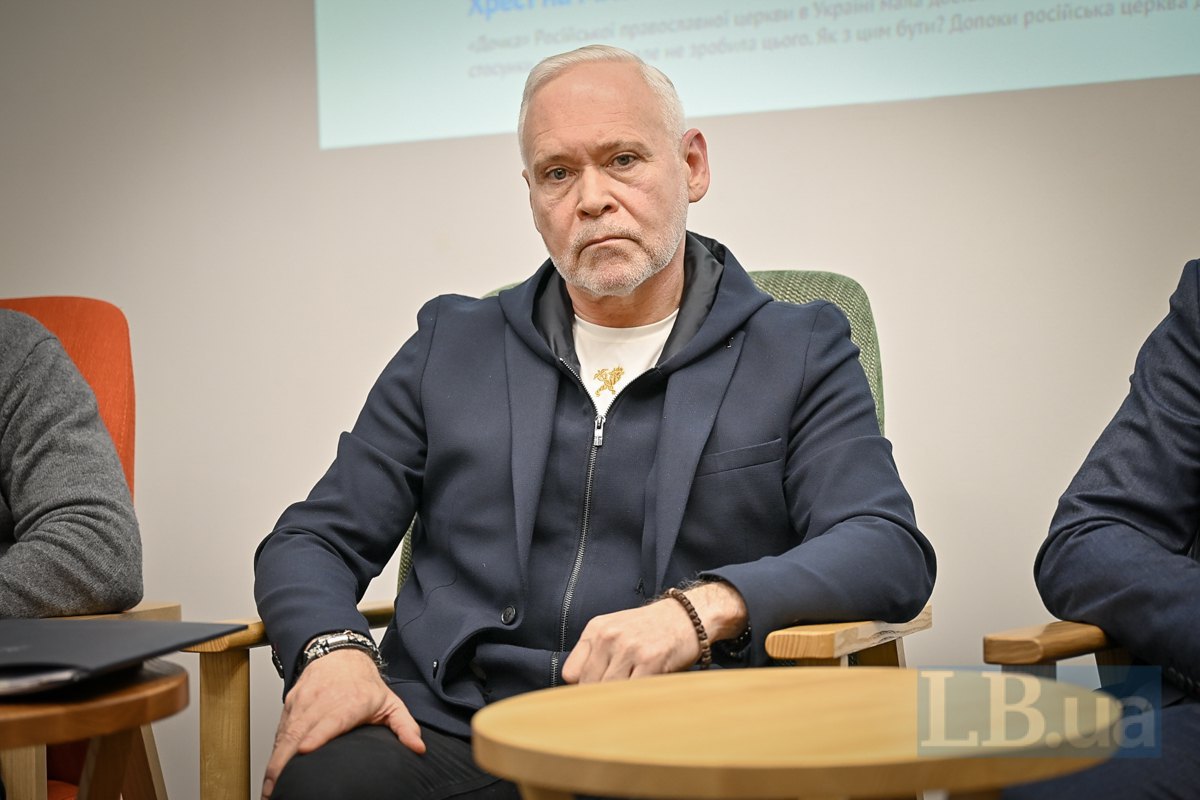
Social Protection of the Population
According to Kharkiv Mayor Ihor Terekhov, since the beginning of 2022 the city has rebuilt 4,000 of nearly 12,000 buildings damaged by Russian shelling. Of these, 9,000 are residential — both private houses and apartment blocks. Reconstruction, Terekhov stresses, remains one of the top priorities for the local authorities.
“Today, reconstruction — along with security, schools, kindergartens, hospitals — is what we must focus on. If children can’t go to school, people will leave the city. If they have nowhere to receive medical care, people will leave the city. If they have nowhere to work, they will also leave,” the mayor said.
He reminded that Kharkiv was the first city in Ukraine to start building underground schools.
“If in 2023–2024 there were 23,000 children studying offline in Kharkiv, today there are 56,000. What does that mean? It means people are coming back,” Terekhov noted.
“My deep conviction is that reconstruction is essential — essential for people. Because people live where there’s emotion. If a city has that emotion, it will have people. They will come back. We need to bring them back — even those who are now abroad. A social survey shows that about 85% of Kharkiv residents dream of returning. And I truly hope this percentage will be the same across all of Ukraine,” he added.
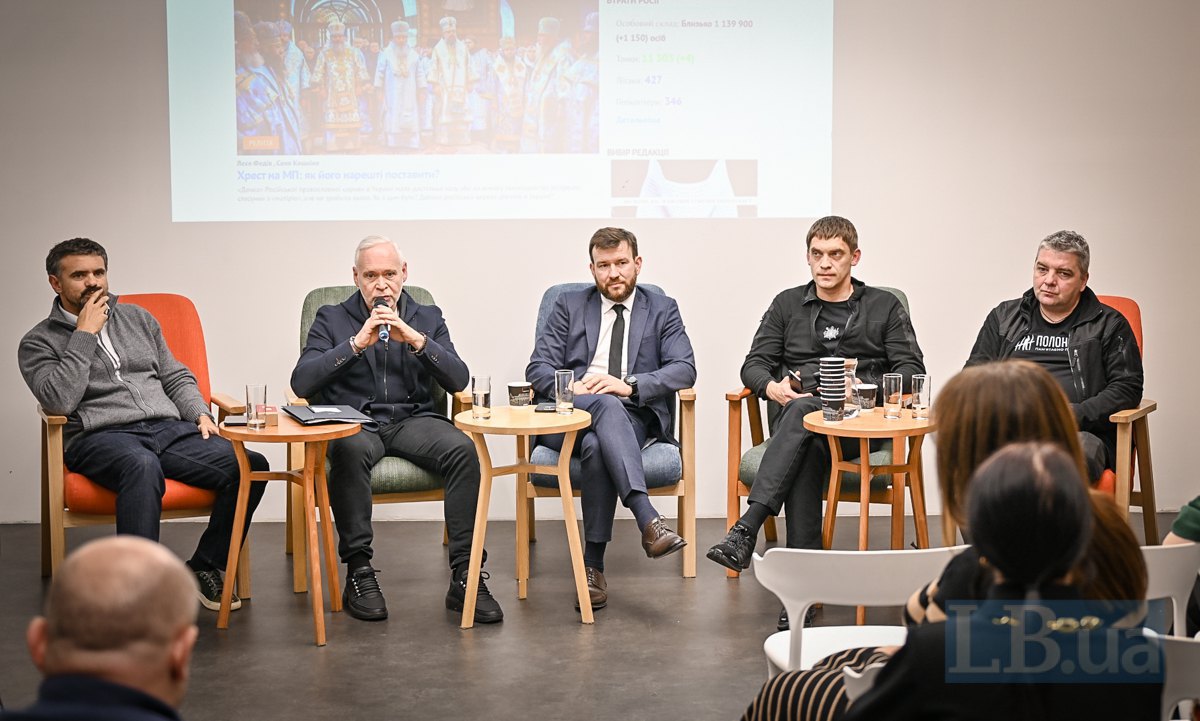
As a result of shelling, 160,000 Kharkiv residents have been left without a roof over their heads, Mayor Ihor Terekhov noted. In addition, the city currently hosts 208,000 internally displaced persons, most of them elderly, who are largely forced to rent housing. To address this, the city is developing a concept for municipal housing.
“Together with the German government, we have designed a municipal housing programme. Germany went through World War II and has similar experience. We need to apply that experience today,” the mayor said. In his view, this initiative could also become a driver of the local economy.
The city has also launched a retraining programme for IDPs, as municipal utilities are facing an acute staff shortage — a problem the State Employment Service has been unable to solve.
“We need drivers. We’ve started training our own female metro operators. We’re also teaching women to drive buses,” Terekhov said.
An important component of social protection, he added, is the free public transport for everyone in Kharkiv — as there are no private carriers in the city — a policy that will continue next year as well.
“We managed to make public transport free. How? By getting rid of private operators. Today, all transport in the city is municipal. We purchase the vehicles ourselves, and their quality is very high,” the mayor said.
This approach was criticised by Hlib Vyshlinskyy, Executive Director of the Centre for Economic Strategy, who called it social populism. In his view, the money the city spends covering fares for those who can afford to pay could instead be redirected towards buying drones and thus provide extra support for Ukraine’s Armed Forces.
Ihor Terekhov firmly disagreed, arguing that calculations show free travel saves an average family three to four thousand hryvnias per month — a significant form of social support. Those who can afford to pay, he added, can donate that money to the military instead.
“Our people have the right to social protection. As a local community, our city council voted for free public transport, and it will stay. Families of soldiers live here; many service members come to Kharkiv,” the mayor said indignantly. “...What exactly are we defending? Our territories? But without people, what are those territories? Scorched land? We don’t need that. We must preserve our land together with the people.”
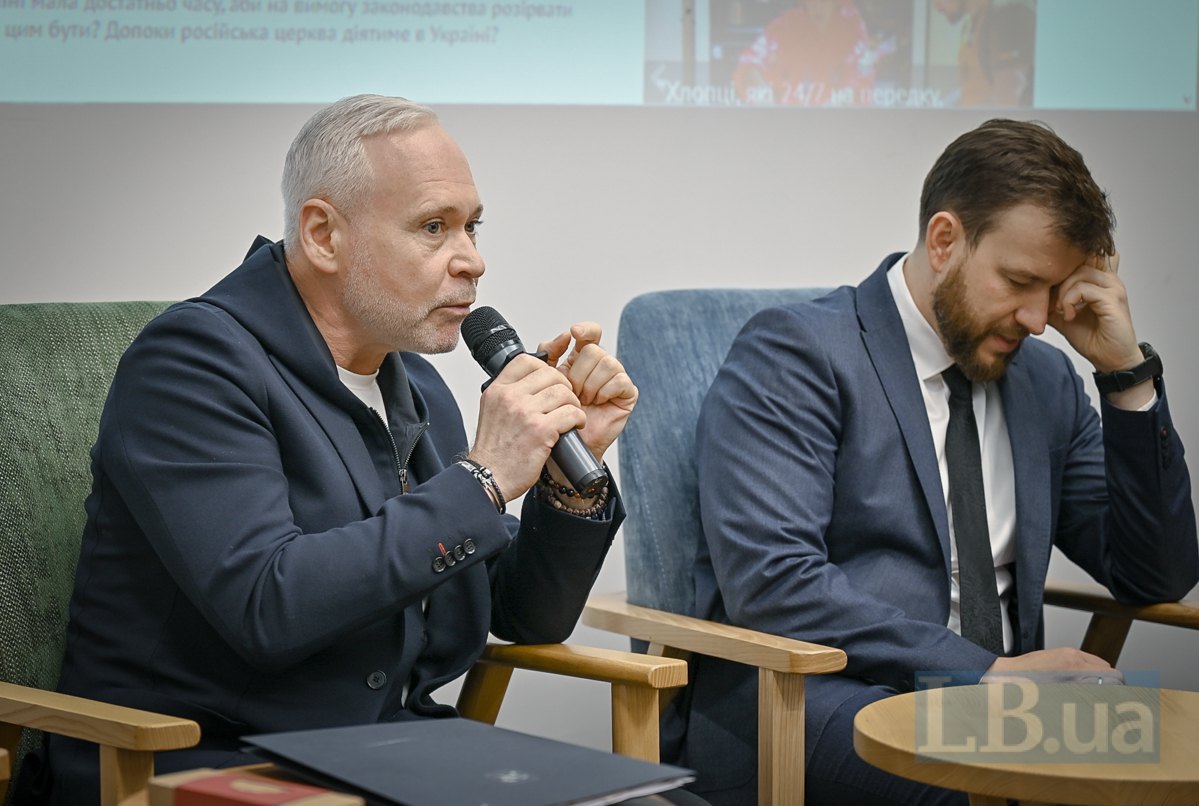
The mayor of Kharkiv also responded to criticism regarding the city’s support for the Armed Forces.
“You definitely cannot accuse Kharkiv, its residents, or me, as the city’s mayor, of lacking patriotism. From the very first minutes of the war, we’ve been helping the military.
If not for the cooperation between our municipal services — every single one of them — and the soldiers of the 92nd Brigade and the Territorial Defence, when people were queuing at recruitment offices, we wouldn’t have held Kharkiv. We were digging trenches under bombs and bullets, when people were dying...
Today, our residents — the families of service members — have every right to travel for free. That’s the first thing. The second — I’ll stress again — this is municipal transport. We haven’t handed it over to anyone. Moreover, we’re now setting up our own power generation to reduce the load on the city budget.
As for our support for the military units — despite all the changing agreements, and even though we don’t receive military income tax — we still transfer money to the army every single day. This week alone, 30 million hryvnias. We don’t make the purchases ourselves — I’ve agreed with the military units that they send us a request, we issue a subsidy, and they decide what to buy. So we’re providing support just like other cities and local communities,” Terekhov emphasised.
Business initiatives
Kharkiv has completely abolished local taxes and fees for all businesses without exception. According to Ihor Terekhov, this is meant to encourage entrepreneurs to stay in the city.
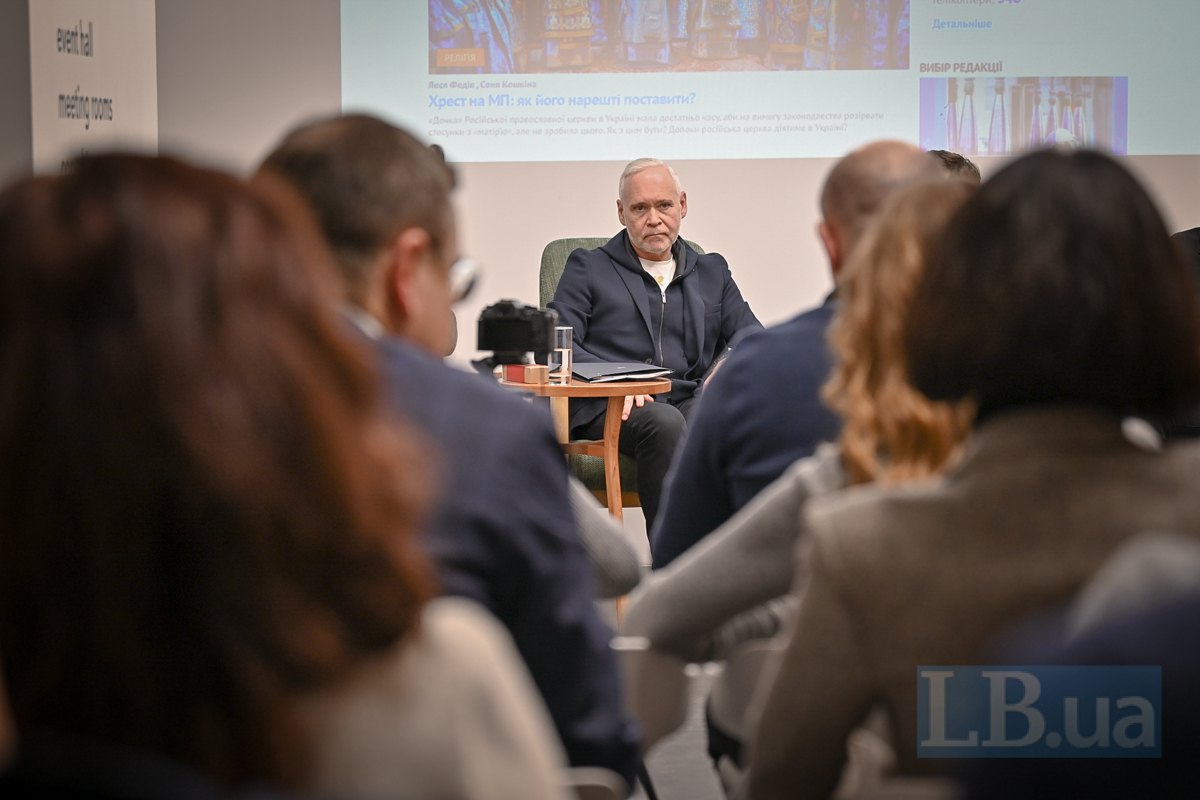
“When businesses have some working capital, and they start thinking whether to leave the city or not, they say, ‘We’ll probably stay after all.’ And I’m truly grateful to our entrepreneurs who keep going and don’t abandon Kharkiv, no matter what. After shelling, we just board up the windows — and they get back to work. That’s incredibly important,” said Terekhov. According to him, in 2025 alone, 9,000 new individual entrepreneurs (FOPs) registered in the city.
However, the mayor stressed that the state must compensate frontline cities and regions for the local taxes and fees they’ve cancelled. Another crucial measure, he said, would be introducing insurance against wartime risks — that would encourage more businesses to stay despite the constant shelling.
What other support the state should provide
In addition to reimbursing lost tax revenue and offering war risk insurance, frontline regions, Terekhov believes, need clear support mechanisms for reconstruction. For instance, there should be step-by-step procedures for cases like buildings in Northern Saltivka — where 65% of a block is destroyed and residents are split between wanting reconstruction or compensation certificates for new housing.
“Balanced policy is also needed when it comes to tariffs, especially during wartime,” the mayor noted. If there’s a moratorium on price increases, the state should offer compensation.
“At a meeting in Kharkiv, I was told that the issue of raising the transit price (for gas) is being discussed again. That means there’ll be a huge gap between the cost at which we supply heat to residents or businesses and the real market rate — so who’s going to cover that difference? These are critical questions. They must be handled wisely so that, during the war, we avoid any social instability — among the public or among businesses,” said Ihor Terekhov.
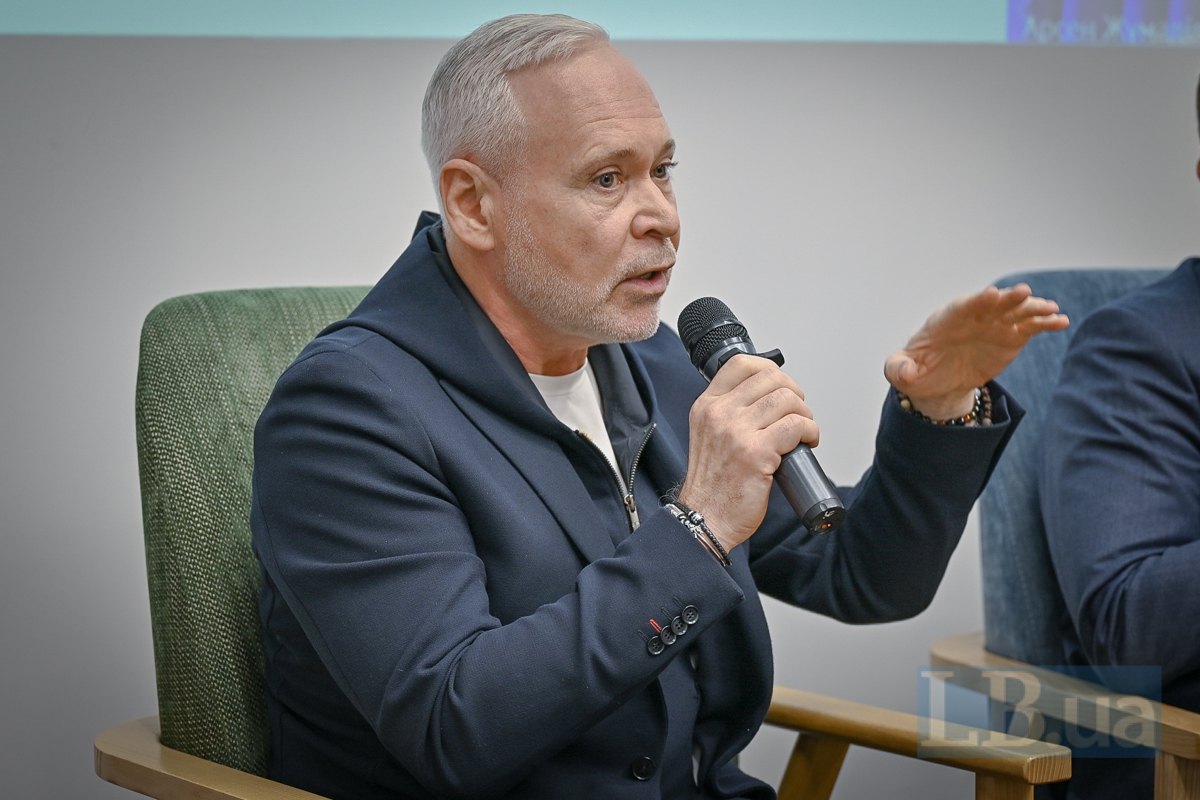
“The most urgent need is a decision to shoot down the Shaheds.
“We are 25–30 km from the line of contact. An S-300 missile took 59 seconds to reach — and together with the IT cluster we introduced differentiated air-raid alerts for the first time, which has restored some possibility of life in Kharkiv. It’s absolutely essential that we finally get to the point of shooting down Shaheds. We are prepared to spend enormous sums — any sums — if there is a system that would allow us to shoot down Shaheds even 90% of the time,” Terekhov says.
In conclusion he stressed that, despite the mental differences between east, west, south and north, Ukraine must remain united — only then can the country withstand the war.
“The purpose of creating the Association of Frontline Cities and Communities was to ensure our unity. Now is not the time to dream about elections. Our primary task — all of us together: the military, civilians, municipal services, doctors, teachers — is to secure a just peace for Ukraine, and to secure it forever,” the Kharkiv mayor reminded listeners.








